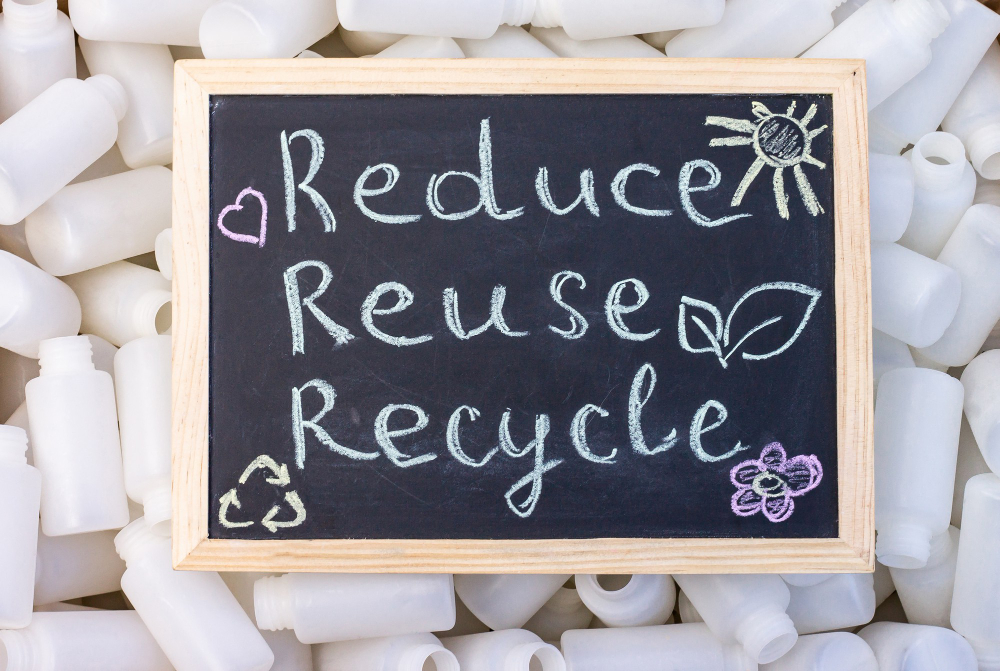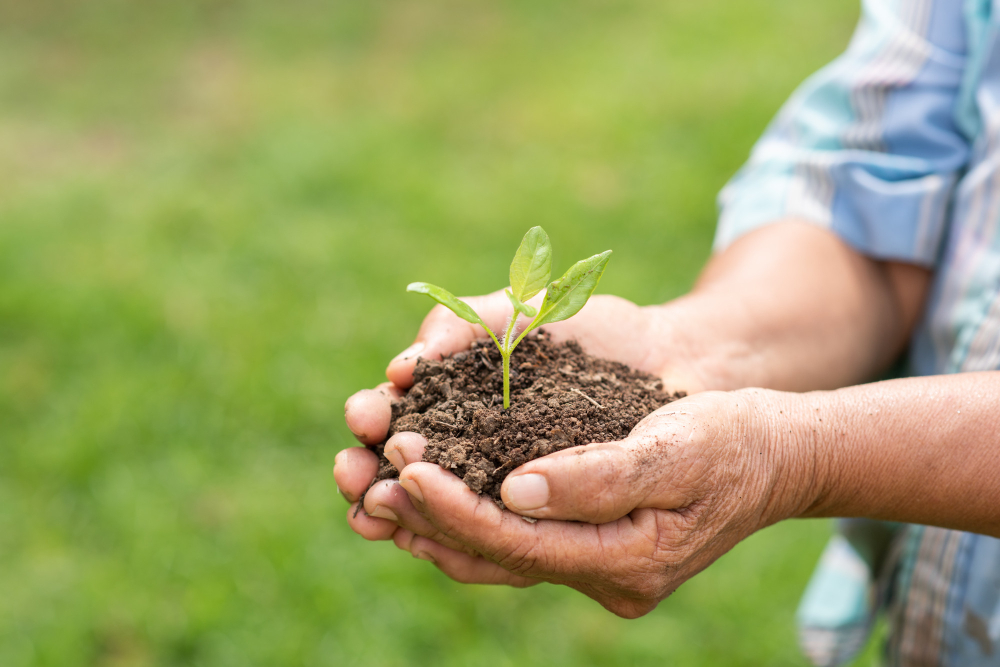Our Blogs
The Art of Sustainable Living

- Category: Sustainability
- Date: 26th December, 2022
Here’s a radical thought – your waste is so full of resources it can help you save costs, while you help the environment.
Take that food waste in your kitchen for instance. It’s got electricity, gas and compost in it. Your sewage? That’s non-metered, constant water for your flush tank and garden and of course, it generates compost as well. And then there’s the multitude of dry wastes that are constantly being recycled… your discarded plastic bags and bottles could well be part of plastic-asphalt roads.
 It’s called Sustainable Living
It’s called Sustainable Living
The United Nations, in 1987, defined sustainability as “meeting the needs of the present without compromising the ability of future generations to meet their own needs”. Waste management shows us that over 98% of all waste generated is reusable and recyclable.
Ok, but how can waste be tackled sustainably?
All it takes is a slight change in thinking and the initial effort it takes to build a habit, a good one in this case.
All waste management starts with waste segregation. There are 2 main categories of waste: wet and dry.
Wet waste comprises of food waste, which are your discarded raw and cooked foods, and biodegradable food waste which are your coconut shells, husk, leaves, palm fronds, etc.
Dry waste is a vast category in itself and you can boost your own environmental effort by further dividing your dry waste into plastic, cardboard, paper, electronic (equipment, batteries, etc) and glass.
Once you’ve segregated your wastes, those dry items that you can reuse and recycle, please do, the rest hand over to scrapyards or to environmental agencies such as AlterEnergyZ that deal with waste management.
Composting bins are a way to breakdown your wet waste into compost.
Then there are Biogas Plants and Sewage Treatment Plants that will help you convert your wet and liquid (sewage) wastes into greywater, gas and compost. The water is usable in your toilet/s, garden and/or plantation. The gas can be used for cooking or to generate electricity. And the compost can be used in your garden, plantation, etc.
And finally, there are Sanitary Napkins’ Incinerators that take care of a very prominent and cumbersome dry waste issue. Economically and ecologically-safe, they produce 1 gm of ash per incinerated napkin
 So, what are the fundamentals of living a sustainable life?
So, what are the fundamentals of living a sustainable life?
Simple. Religiously follow the 3 Rs of waste management—Reduce, Reuse, Recycle.
Segregate your wastes so that as little as possible goes to a landfill site. And, if possible, convert your segregated wastes into sources of energy such as biogas, greywater, compost, etc, so you reduce your dependency on LPG cylinders, tapped water supply, etc.
Switch to and incorporate natural/organic/eco-friendly products in your day-to-day life so that the residue of the products is not harmful directly or indirectly to animals, plants and the environment in general.
Choose renewable energies, such as solar, wind, and water, over fossil-fuel dependent sources of energy.
Adopt a simpler lifestyle and become consciously aware of how your actions impact the environment.
If you look at the places that have garbage issues – like Goa for instance – you realize that waiting for someone else, to tackle the burgeoning problem means things tend to remain unchanged.
“As long as there are no systems in place people tend to think that way,” says Samruddh Hegde Desai of AlterEnergyZ. “Go to a temple and you have to take your slippers off before entering because that atmosphere has been created, so automatically you do it. Similarly, if you keep a place clean the public will do the same.”
 Sustainability, in simple words, is the ability to keep something going for a long time. Your choice to live a sustainable life means you will be helping the environment, which is a dire need of the hour, and you will also be helping yourself. Give it a shot.
Sustainability, in simple words, is the ability to keep something going for a long time. Your choice to live a sustainable life means you will be helping the environment, which is a dire need of the hour, and you will also be helping yourself. Give it a shot.


